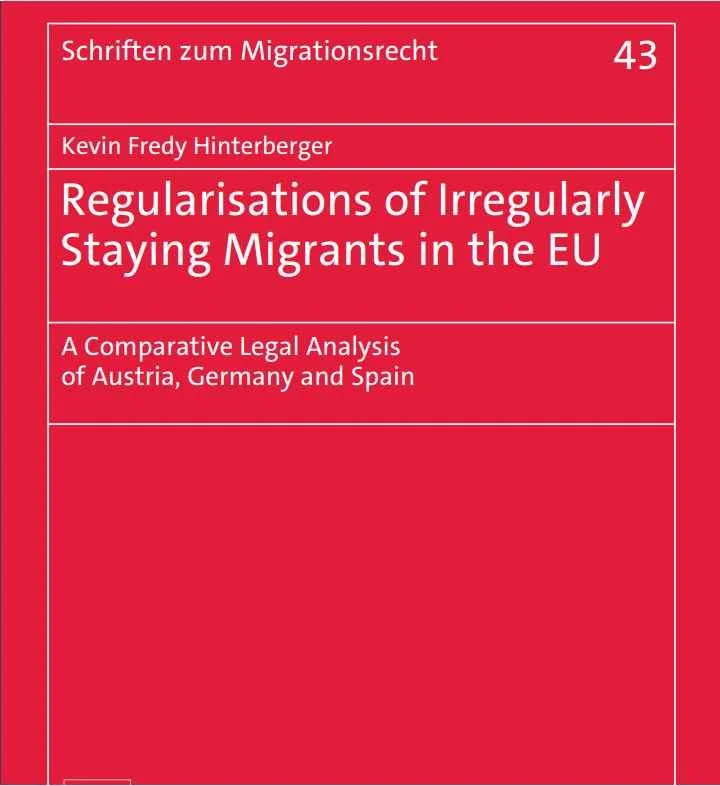By Olivier Marie and Paolo Pinotti
The association between immigration and crime has long been a subject of debate, and only recently have we encountered systematic empirical evidence on this issue. Data shows that immigrants, often younger, male, and less educated compared to natives, are disproportionately represented among offenders in numerous host countries. However, existing research, inclusive of our analysis of new international data, consistently indicates that immigration does not significantly impact local crime rates in these countries. Furthermore, recent studies underscore that obtaining legal status diminishes immigrants' involvement in criminal activities. Finally, we discuss potential explanations for the apparent incongruity between immigrants' overrepresentation among offenders and the null effect of immigration on crime rates.
JOURNAL OF ECONOMIC PERSPECTIVES. VOL. 38, NO. 1, WINTER 2024. (pp. 181-200)




